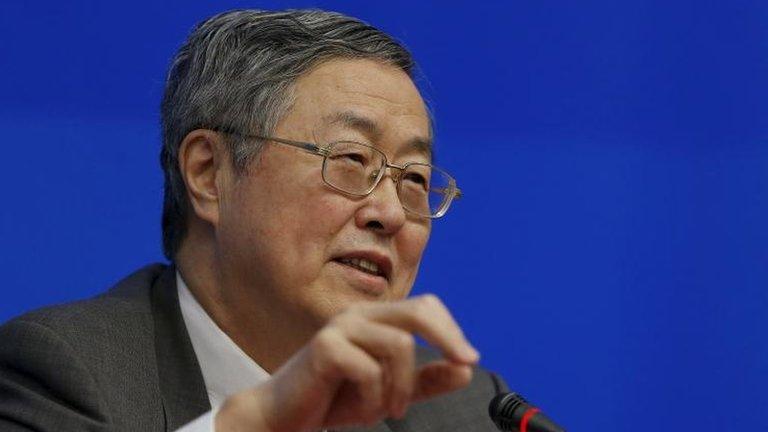Why you should care about China's National People's Congress
- Published
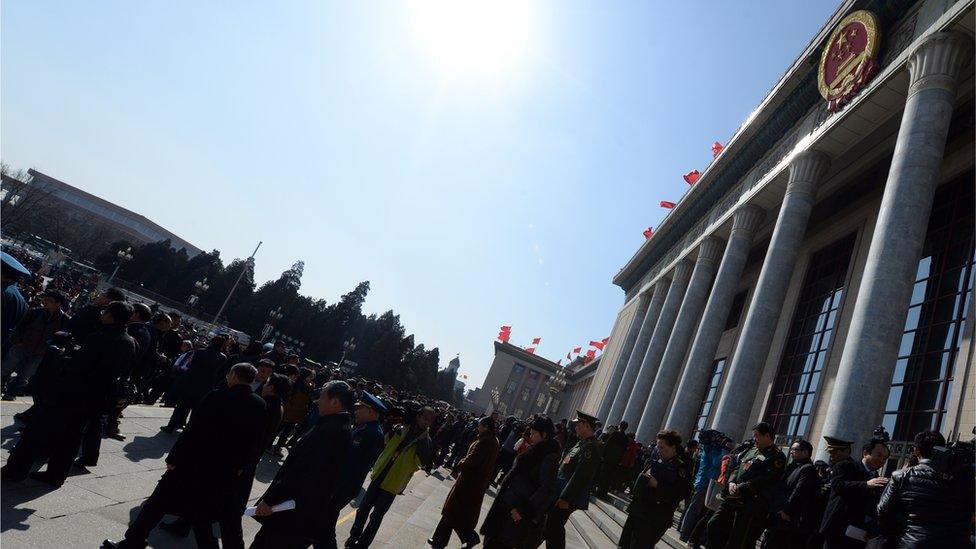
There are lots of things you may feel like doing or watching this Saturday - and my guess is deliberating over the details at China's National People's Congress (NPC) is unlikely to be high up on the list.
But here's why it is important. It is an opportunity to gauge what Chinese leaders may be thinking about the economy, and whether they're as committed to reform as they have said they are.
We are all affected in some shape or form by what goes on in the world's second-largest economy, so keeping abreast of what happens there is important.
And even though most of the decisions at what is effectively Asia's largest political pantomime are pre-determined, it's still worth having a think about some of the big economic priorities for China's leaders.
Especially in a year when the Communist Party is trying to assure its citizens and the world that it is in control of its economic destiny.
So here are four things I'll be watching at the NPC:
• 13th five-year plan: Although details of the plan have actually been around since November, delegates will get a chance to vote on it during the NPC. Don't forget this is all pre-scripted so no-one actually votes against the strategy. High up on the agenda will be cutting industrial over-capacity and high debt levels. The reform of state owned enterprises will also be in the spotlight - but more on that later. Basically the five-year plan is China's vision for itself as it tries to manage the transition from an investment-driven economy into one that's more dependent on services and consumption.
• Economic growth target: Don't look at the target, says Tony Nash of Complete Intelligence. Look at the direction in which the country's growth target is heading and at what pace. That's far more useful than the actual number. We all know China's growth is slowing down - it clocked the lowest growth figure in 25 years (6.9%) recently. But what will be important to look at is the make-up of GDP - are services becoming an increasingly important part of the economy, and if so what does that mean for job-growth?
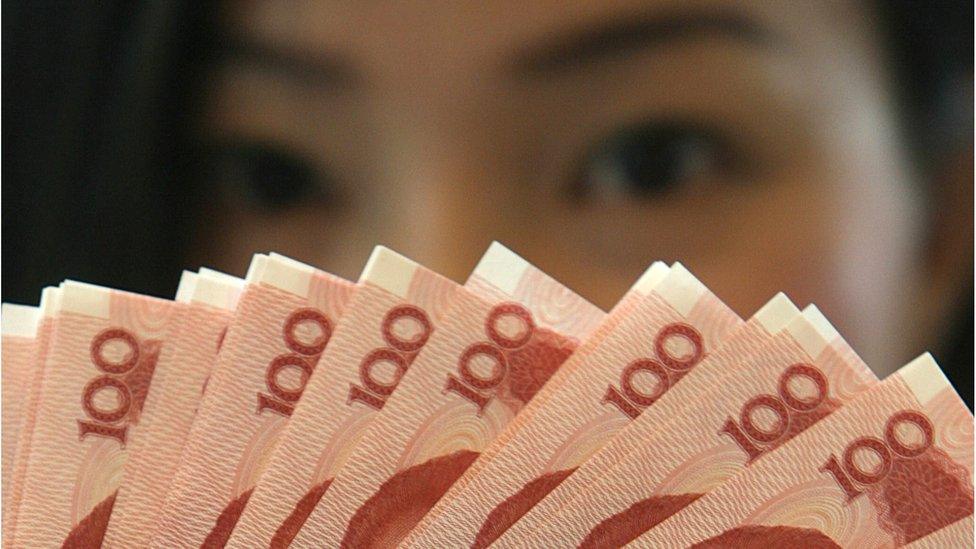
Beijing wants a tight grip on markets and currency
• Zombie firms: Also known as the "walking dead" these massively debt-laden state-owned firms will be in focus as China looks to clean up the sector. The problem is what to do with the millions of Chinese factory workers who are employed in some of the country's biggest companies. There were reports out earlier this week about 5-6 million jobs would be cut from state-owned enterprises. So expect big support packages, workforce training programmes and a commitment to create new jobs in new sectors.
• Stimulus measures: Markets in China have been rallying this week ahead of the NPC in anticipation that the government will announce further stimulus plans. The stock market in particular has been battered by the slowdown in the economy, but the financial sector has also benefited from billions of dollars being poured into the system. Fraser Howie, China watcher and co-author of "Red Capitalism: The Fragile Financial Foundation of China's Extraordinary Rise", says it's clear "there are aspects of the economy that are clearly out of control - the stock market, and the currency. They're trying to get in control of those things by clamping down on activity - but not embracing the free market which they promised."
So in a nutshell - a lot of long and possibly boring speeches - but some key points to look out for which will give us an indication of where China's economy is heading over the next five years. Well, that's if it all goes to plan at least…
- Published2 March 2016
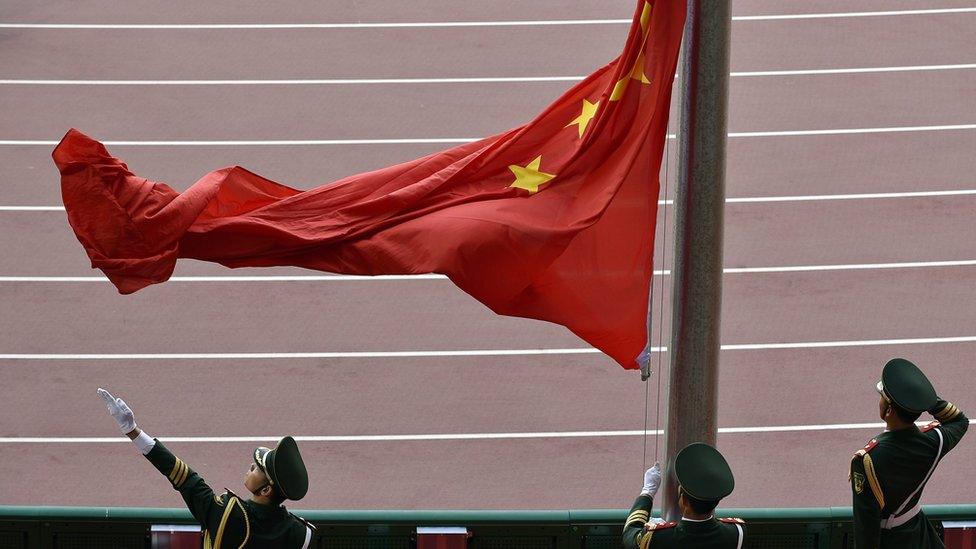
- Published3 March 2016
- Published1 March 2016
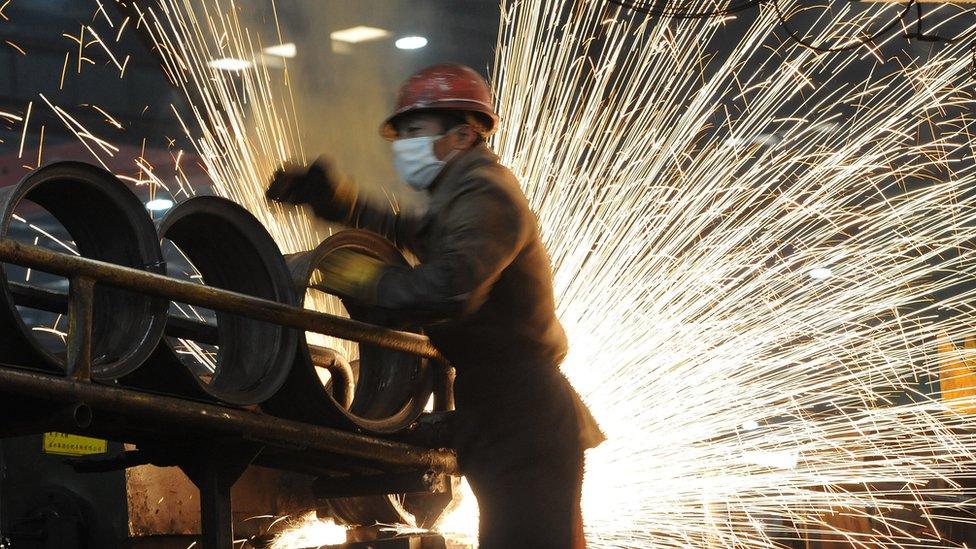
- Published26 February 2016
